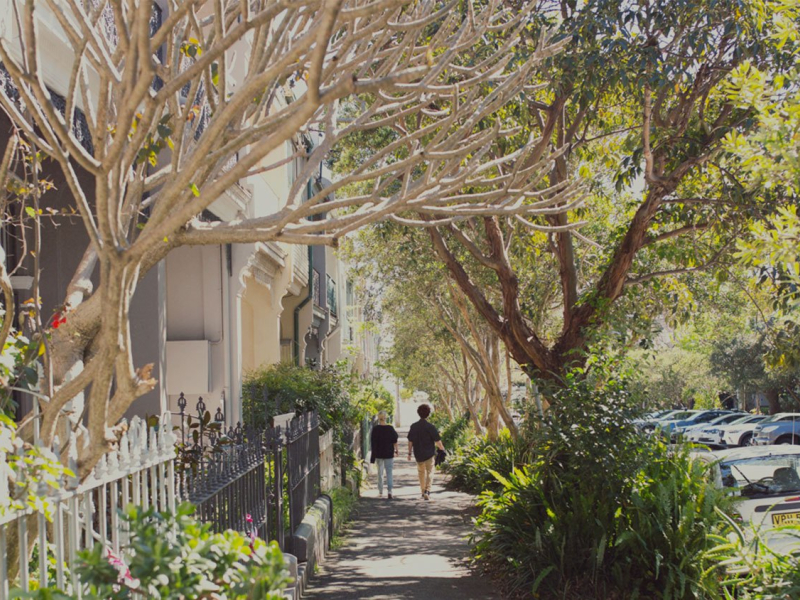Could Rentvesting Be The Right Path For You?
One way around Sydney’s increasing house prices is to ‘rentvest’. Here’s everything you need to know about the increasingly popular investment trend.
As house prices in the major cities rise, new buyers increasingly find themselves priced out of the market. A deposit which seemed sufficient when they began saving now seems inadequate for the kind of home they want.
Some adjust their expectations and buy a smaller property than they were hoping, or purchase in a less desirable location. Others take on a larger mortgage, which can mean they struggle to make ends meet.
But there is another option, and it is increasing in popularity. Many new buyers are now ‘rentvesting’, especially in the major cities, to maintain their lifestyle while getting on the property ladder.
How Does It Work?
Rentvesting occurs when a buyer rents their preferred home, which may be out of their price range, and buys an affordable property as an investment. They then use the income generated from the lease of their investment to cover the mortgage.
For some, this means renting a property of the size they require for their family, while purchasing an investment of a smaller size. For others, it means renting in a desirable location while investing in a property somewhere cheaper, perhaps even interstate or regionally.
While most buyers would prefer to live in their own home, it’s a great stepping stone to allow you to purchase a more suitable home in a few years.
Is It Right For You?
Rentvesting might be right for you if you don’t want to leave the lifestyle and community in a desirable location but can’t afford to buy there. It is particularly attractive to renters who work in Sydney but could comfortably service a mortgage on a house in a cheaper location.
Before making any investment, it’s important to look at it from all angles and talk with your financial advisor or mortgage broker for advice on your particular circumstances.
What Do I Need To Get Started?
An investment property is different to a home and should be treated as such. It’s important to do your research. If you are looking to purchase in a location with which you are unfamiliar, study the property figures for that area or seek professional advice from a local agent. Ideally look for a property in an area with high rental returns, and with a likelihood for sales figures to increase in the next few years.
You will need to have accumulated a deposit, although it is likely to be smaller than the amount you would need to buy your ideal home, and you will need to provide the usual confirmation to a bank or home loan lender that you will be able to service the mortgage.
What Are My Obligations As A Landlord?
Your obligations as a landlord differ from those of a homeowner, and may include council taxes, strata fees, letting agent fees, and the cost of repairs and maintenance. It is important to take these costs into account when calculating your financial obligations.
Tenant-investors are also subject to the same legalities as other investment property owners, including the perks of negative gearing and the burden of capital gains tax. Likewise, income received from the investment property is treated as taxable income.
It may also take time to get tenants into the property, so make sure you have the means to service the mortgage without rental income, at least for a short time.
For a number of buyers, rentvesting seems like a pragmatic approach to getting started. However, with a bit of ingenuity and forward-planning, that dream home will be closer than ever.
